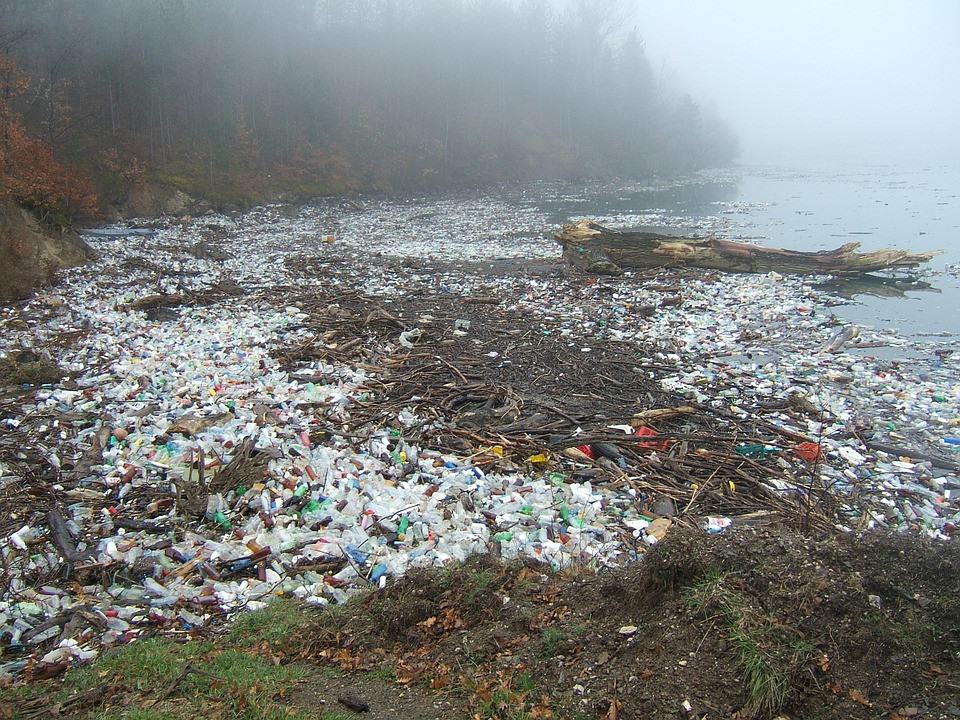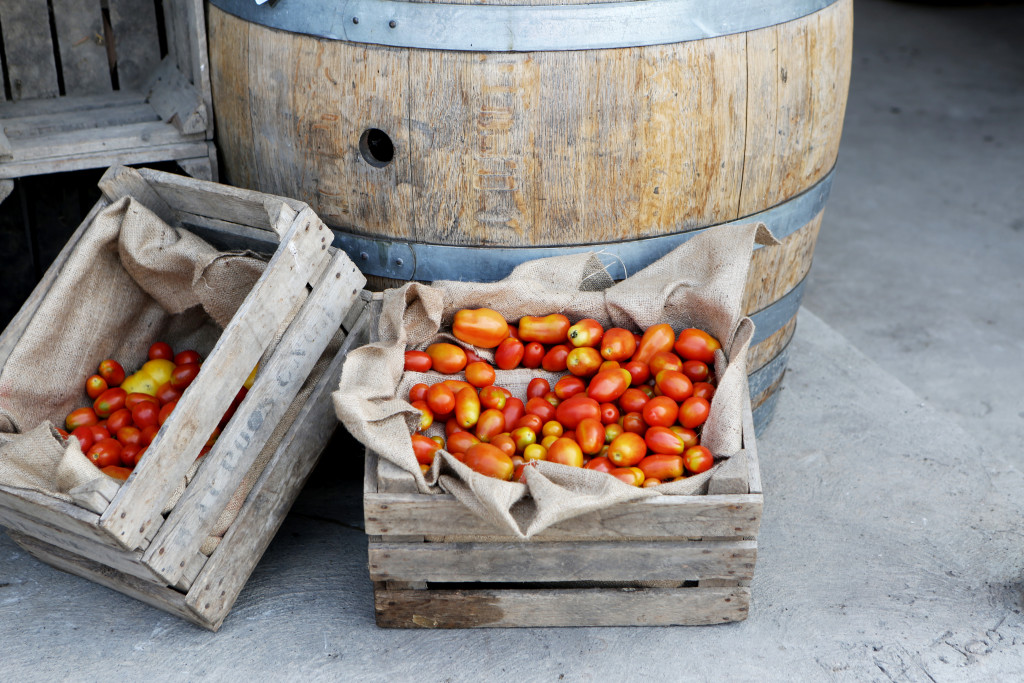Duluth is home to hundreds of miles of trails, breathtaking waterfalls, sandy beaches, and (most importantly) Lake Superior. Whether on foot or bike, Duluth and its natural beauty is a place of solace for many people. Needless to say, we are lucky to live in and visit such a place and it’s important to do our part to protect and maintain it for future generations. Earth Day is Friday, April 22nd– and while the typical Earth Day activities of picking up trash or planting trees are great ideas, there are more sustainable, consumption-reducing practices you can incorporate in to your everyday life. This Earth Day, make the switch to reduce your carbon foot print. Here are some easy ways to become more environmentally friendly:
Cut Down on Disposable Plastic:
If you haven’t listened to Jeff Bridges tell you about the hazards of disposable plastic and how the world has become a “plastic society,” it’s definitely worth the 4 minutes of your time. If you want a quick read, here are the highlights below.

1. Bring Reusable Bags to the Store: 1 trillion plastic bags are used every year, and only .5% to 3% of those bags are recycled – those that aren’t recycled can take as long as 500 years to decompose. A great alternative is using reusable canvas bags. Most grocery stores have reusable bags available for purchase at the checkout lane – some, like Target, even offer a discount for using them. Plus, you can bring your bag with you anywhere: they can fit easily in a purse or backpack so you have them wherever you go. And don’t forget the plastic bags you use for produce and bulk goods — you can take it one step further and get reusable produce bags (you can even color-code your produce!), which are available online and at most whole food grocery stores.
2. Make This Your Last Straw: Each year, we collectively use enough plastic straws to fill over 46,000 school buses. Going straw-less when you’re dining out helps the reduce the amount of fossil fuels used to make them. If you still crave the chance to slurp down your sodas, shakes, and smoothies, you can purchase reusable straws made from a more sustainable material: metal. These metal straws can be purchased from a variety of home goods stores; if you’re in Duluth, you can find them at the Duluth Kitchen Store, located just outside of Canal Park in the Fitger’s complex.
3. Get a Reusable Water Bottle: It’s estimated that manufacturers use 17 million barrels of oil annually to make all the disposable water bottles we purchase. By investing in a reusable water bottle, you can help cut down on the use of all that oil, as well as save yourself some cash. Drinking the recommended amount of water from disposable plastic bottles can cost you about $1400 annually. On the other hand, a BPA-free water bottle can be purchased for around $10, and the cost of drinking from the tap for the year is only about 50¢.

Buy Local Food:
You might not think about the amount of miles it took for your food to get to your plate. Yes, you may have walked to the local grocery store with your reusable bag (which is great!) but what did it take for that banana to get to the store in the first place? Chances are, most of the fresh food you bring home traveled by airplane, ships, and trucks to get to you – which all takes a lot of fuel.

Not only will you enjoy the freshest foods and support homegorwn businesses, but you can even reduce your carbon foot print by 7% by eating local. Summer in Minnesota is a great time to start eating local for all of the great produce we have to offer! Check out the local farmers markets in Duluth to get your grocery shopping done and meet the farmers behind the food.
Bike or Walk to Work:
There are several physical, economic, and environmental benefits to walking or biking to work instead of driving. By leaving your car in the garage, you significantly decrease the toxic CO2 emissions you put in to the environment, not to mention how much money you’ll save. The average American buys 11 gallons of gas per week; depending on the price of gas, biking or walking to work could save you anywhere between $1400 and $1900 per year. Plus, being outdoors and getting daily exercise has positive benefits for your health. Getting sufficient exercise is linked to reduced anxiety, better sleep, lowered risk of various illnesses, and improvement in your mood.
Eat Less Meat:

A staggering 51% of global greenhouse-gas emissions are caused by animal agriculture. Raising cattle, for example, takes an incredible amount of water: you need water to grow the crops to feed the animals, quench the thirst of the animals, and clean the facilities. In fact, it takes almost 2,500 gallons of water to produce one pound of beef. In addition, runoff from factory farms and livestock is one of the leading causes of pollution in rivers and lakes. Solution? Eat less meat! We’re not saying you have to go completely vegan, but cutting down on your meat consumption can improve both your own health and the health of the planet. If you’re in need of some ideas for starting a less carnivorous diet, check out Meatless Monday. They have great recipes to help you cut out meat in your diet for just one day of the week.
How are you celebrating Earth Day? Tag us on Facebook and Instagram to let us know!


